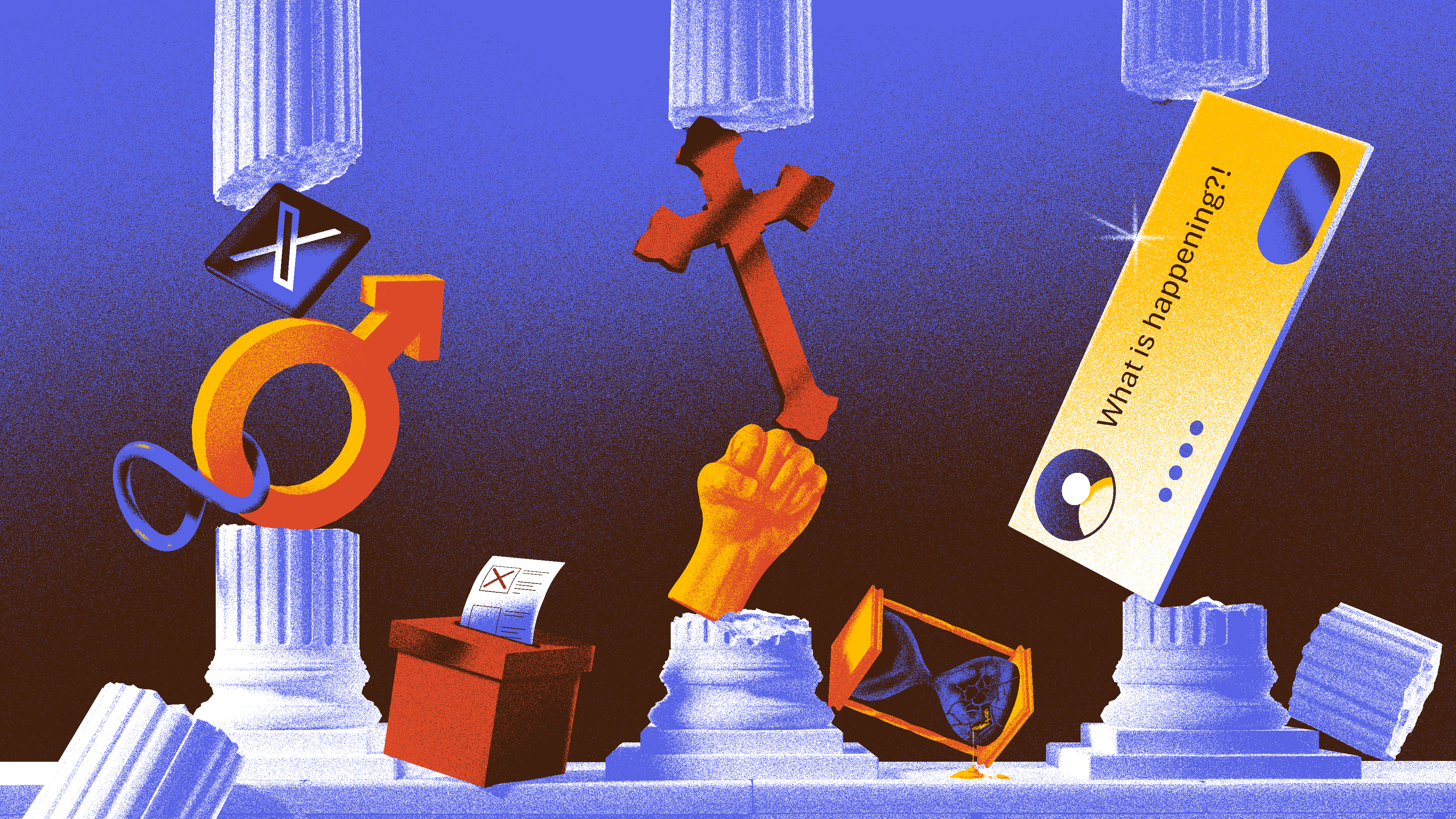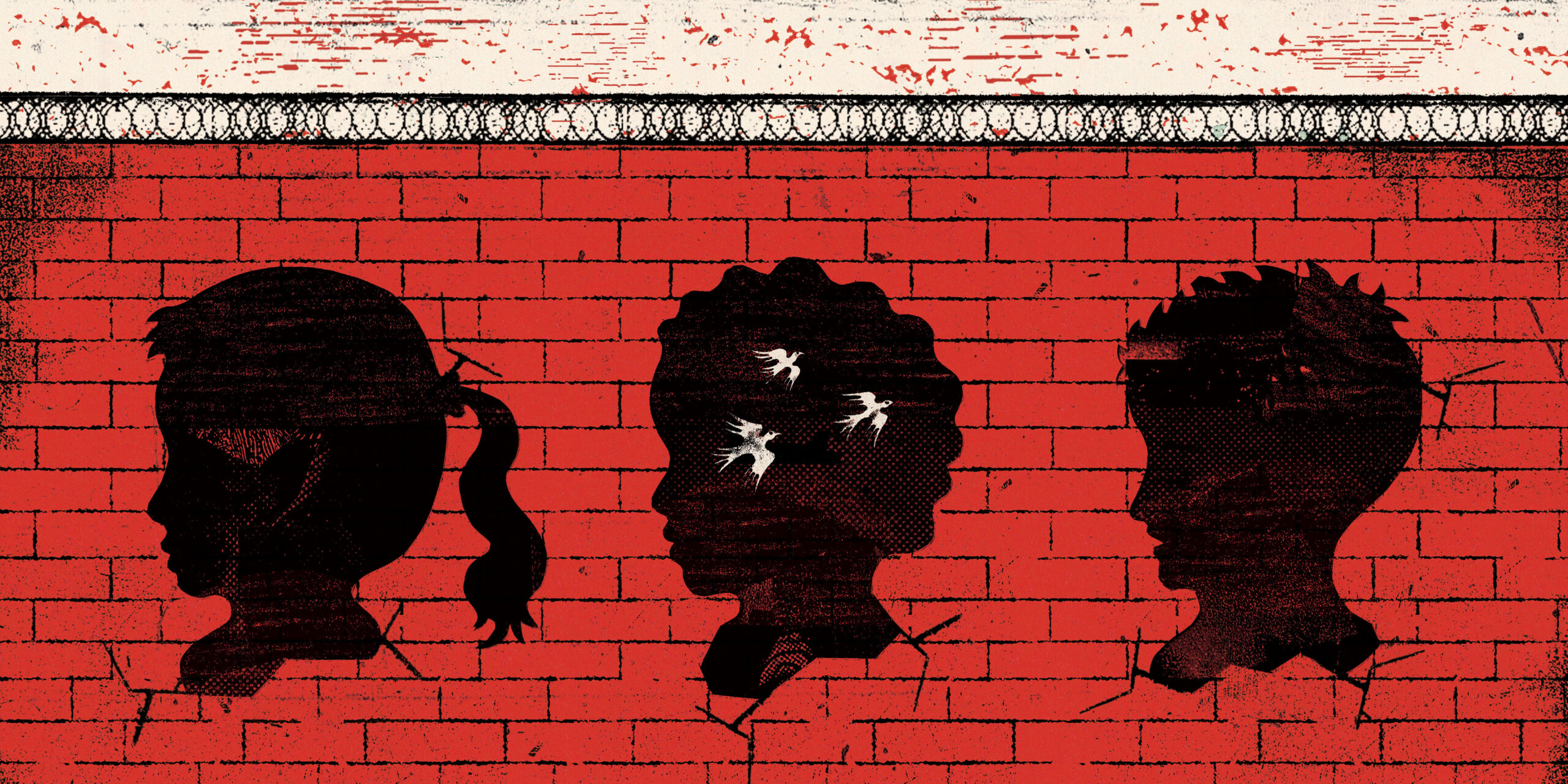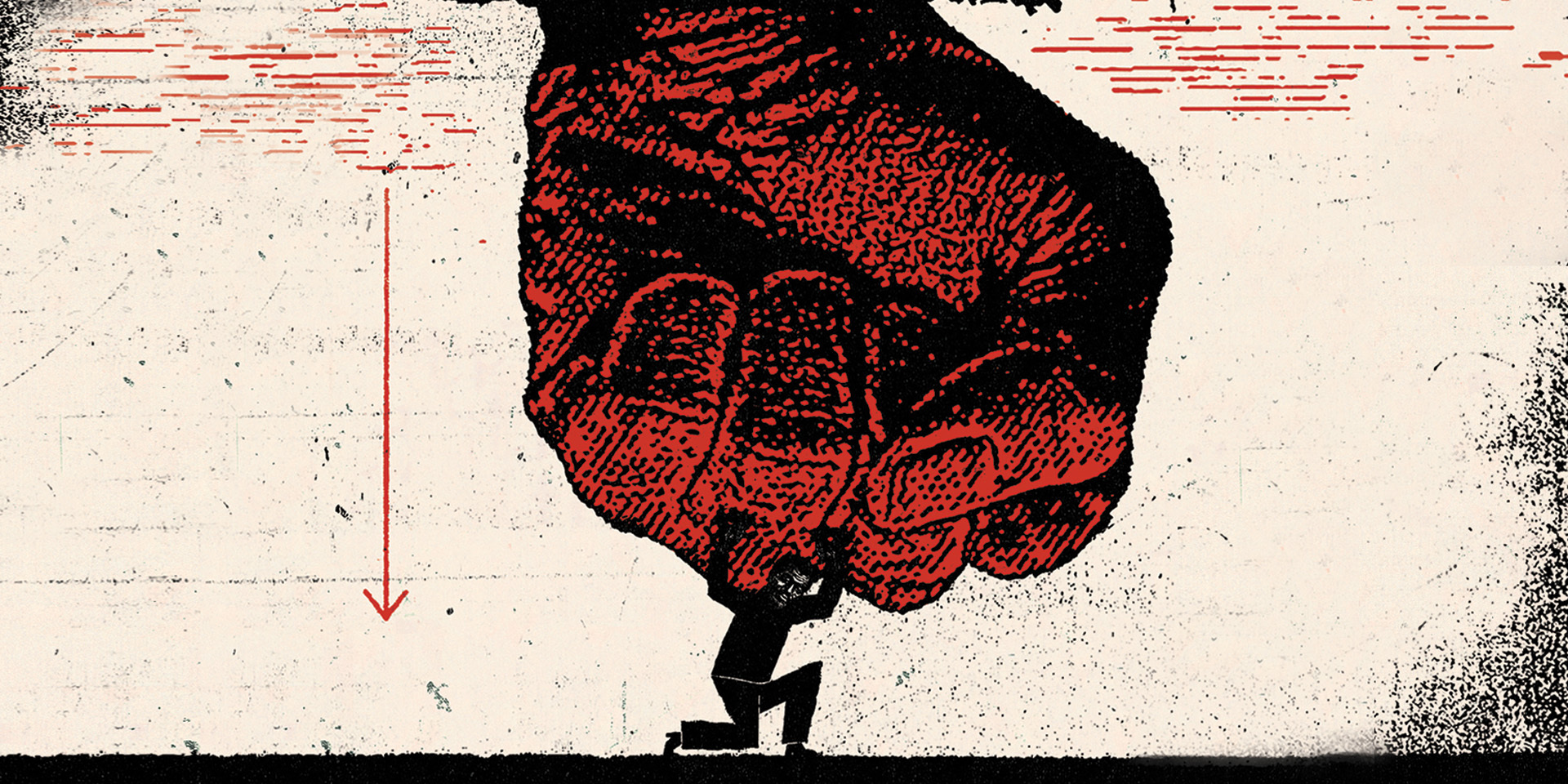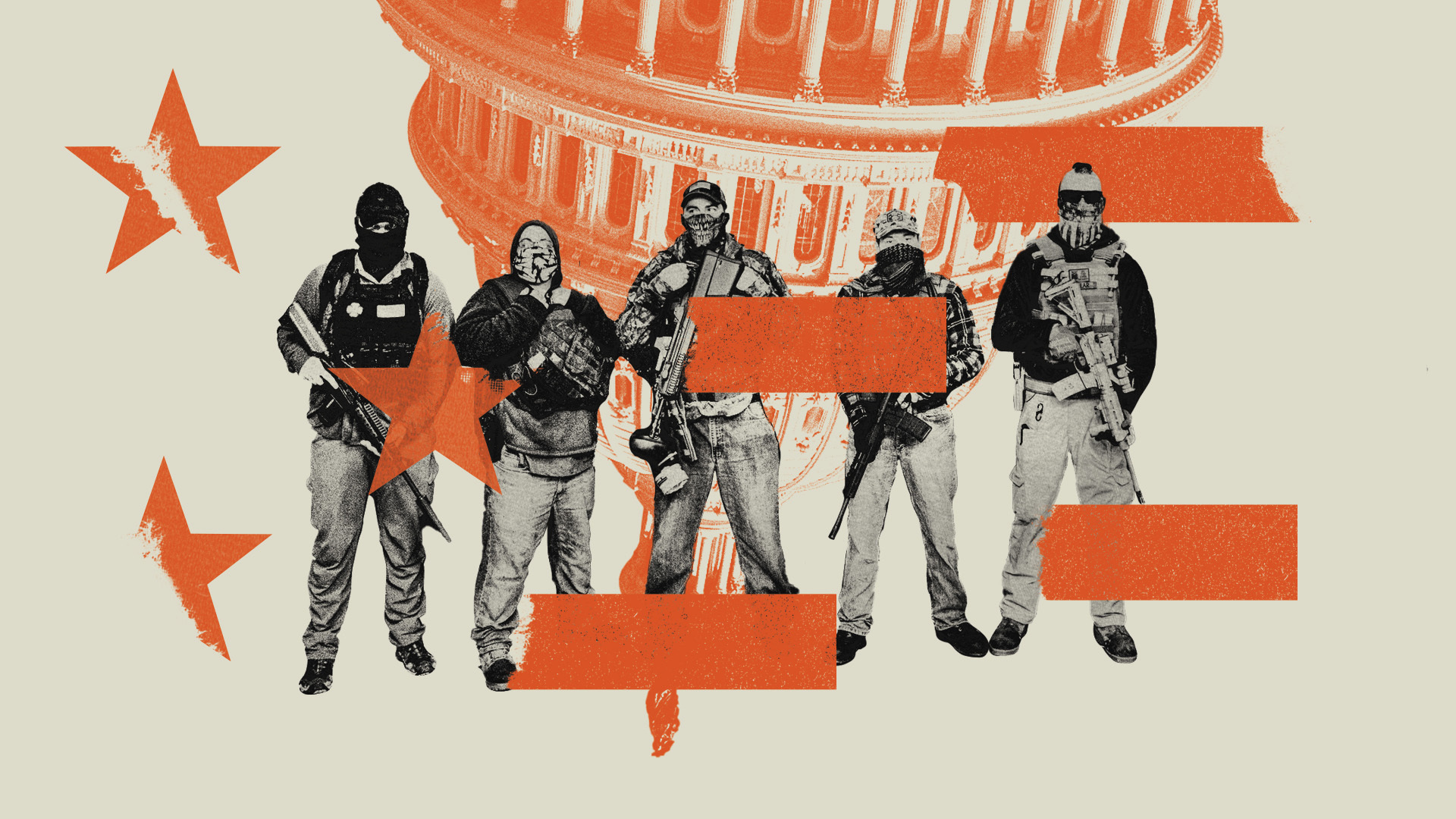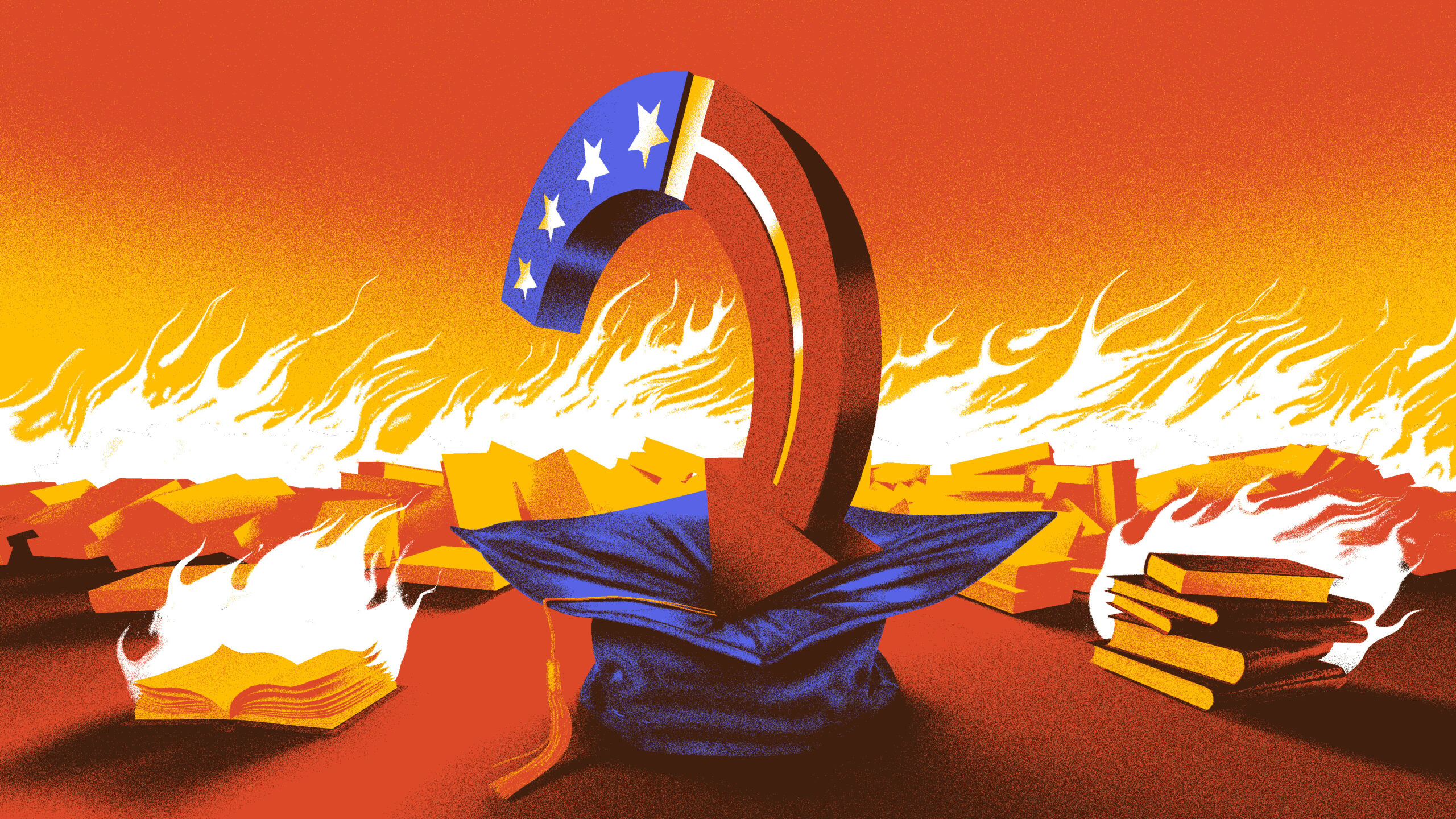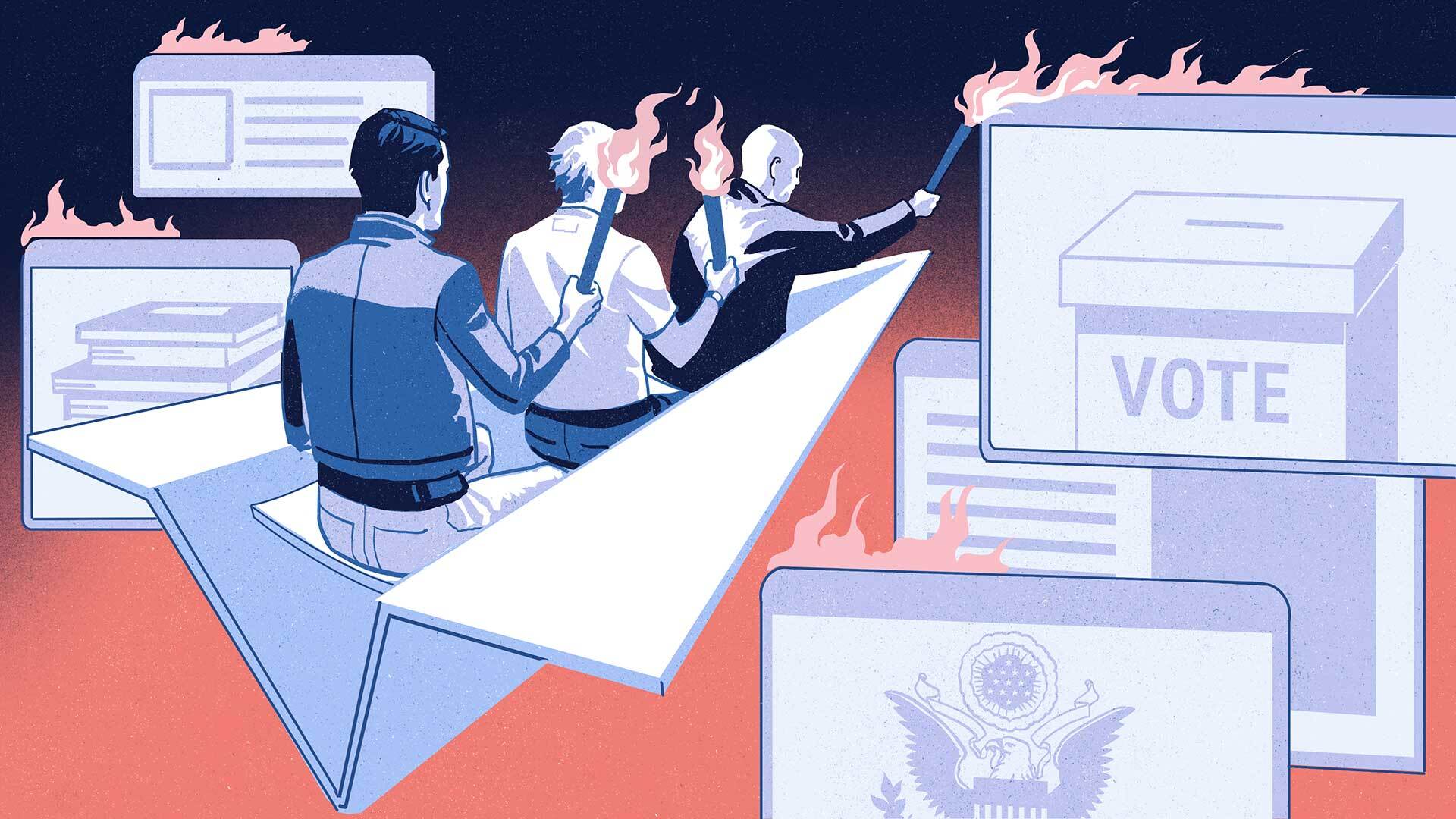The Intelligence Project has raised alarms over the last several years about the mainstreaming of far-right extremist conspiracy theories and extremists themselves. This is a profound cultural and political transformation the right pushes to grasp political control, stifle the possibility for dissent and push a more just future out of reach. The stakes, then, are high, and history illustrates how the right’s colonization of the center never comes without violence, threat and fearmongering speech.
The 2024 election year and the specter of authoritarianism brought with it violent threats from the hard right. Such threats work by chilling civic spaces, such as polls, schools and town halls, that are absolutely critical to any democracy worthy of the name. Over the past year, the hard right has drawn on new language from Christian supremacy that focuses on demonic possession and pseudoscience. This language undermines free thought and demonizes one’s neighbors for having different views — or for being born in a different place, in a different way. All of this is part of a growing hard-right movement, as it means to hold and take the power of the state to roll back the rights and liberties of so many persons in the United States that were hard-earned and not easily recovered.
This is all part of a strategic application of chaos that creates enough space for authoritarians and Christian supremacists to take away our democracy.
Bomb threats in 2024
During 2024, the use of bomb threats proved popular among domestic and foreign actors intent on creating or deepening chaos in areas around the U.S. that were already lightning rods for far-right attention.
The tactic is popular among these actors because it is simple, cheap and difficult to counter. Bomb threats are almost guaranteed to cause at least low-level disruption. These threats were applied in a strategic manner in 2024, focusing on targets already experiencing uncertainty and fear.
Perhaps the most high-profile instances of bomb threats occurred in September in Springfield, Ohio. In the wake of Donald Trump and JD Vance amplifying false allegations targeting Haitian immigrants in that community, at least 33 hoax bomb threats were made targeting Springfield schools and government buildings.
This was followed by the extensive use of bomb threats targeting polling locations on Election Day in the swing states of Arizona, Pennsylvania and Georgia. In Georgia, hoax bomb threats targeted 60 of the state’s polling locations. The FBI subsequently traced the threats to polling locations to Russian email domains.
Bomb threats also targeted specific groups already on edge. Some online supporters of the far-right Libs of TikTok (LOT) were some of the most prolific employers of bomb threats, with more than 40 threats having been communicated to Planet Fitness locations after LOT highlighted the fitness chain’s trans-inclusive locker room policy. Schools and hospitals across the country were also targeted by LOT supporters over the group’s identification of LGBTQ+ individuals working at these locations or supposedly pro-LGBTQ+ programs at these locations.
The SPLC also documented numerous bomb threats targeting Jewish institutions across the U.S. The antisemitic threats were intimidating and created a heightened sense of fear among Jewish people across the country. This continued a trend of increased bomb threats targeting Jewish institutions that began after the Oct. 7, 2023, attack in Israel.
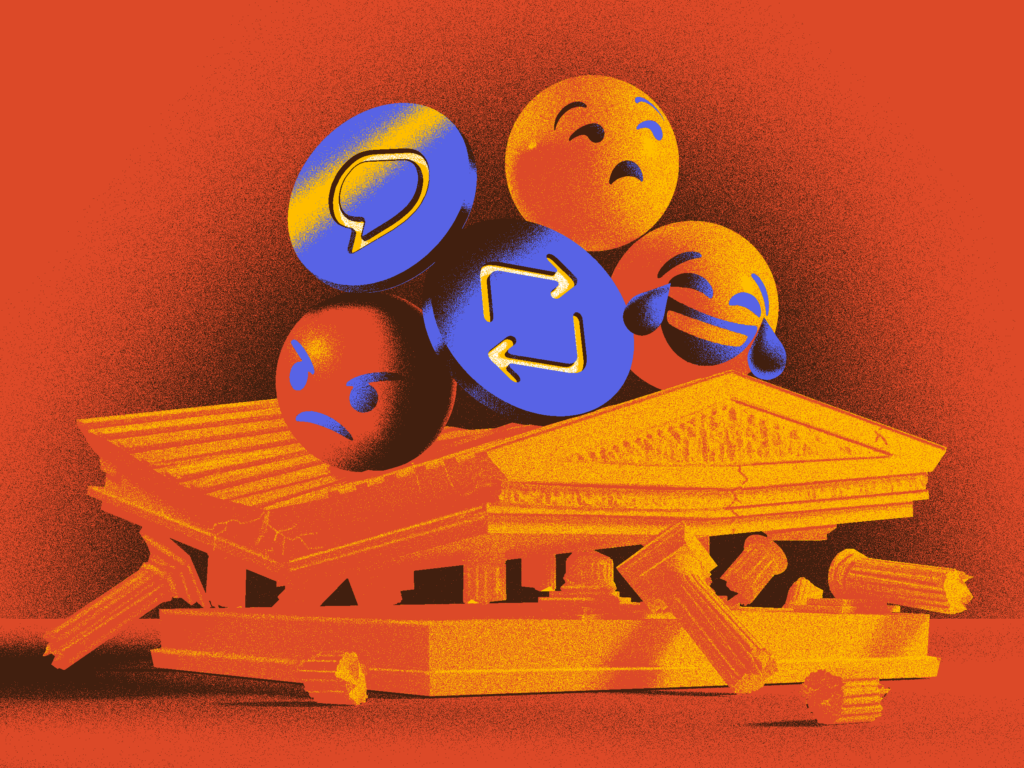
Threats to poll workers
In 2024, the U.S. witnessed a disturbing surge in threats and harassment directed at poll workers, particularly those of color. This alarming trend underscores the persistent racial animus and hostile climate that threatens the integrity of our democratic processes.
Poll workers of color have been on the front lines, ensuring that elections are conducted fairly and securely. However, according to the NAACP Legal Defense Fund, Black poll workers have faced a barrage of threats, including bomb scares and physical violence. These threats are not isolated incidents but part of a broader pattern of racial harassment aimed at undermining the democratic participation of communities of color.
The Department of Justice has reported an increase in threats against election workers, with over a dozen cases under investigation. The Election Threats Task Force, established to address this issue, has highlighted the severity of the situation, noting that many of these threats are racially motivated.
White supremacist ideologies and conspiracy theories that paint poll workers of color as threats to the electoral system often fuel these threats. This rhetoric has been amplified by extremist groups and individuals who seek to destabilize democratic institutions through fear and violence.
According to a Hatewatch analysis, “an array of villains” crafted conspiracy theories “where believers were able to choose who they believed was behind the ‘fraud’ and, in some cases, target these groups with hateful rhetoric, threats and actual violence.”
The demonization of the United States
Politicians, pundits and provocateurs on the right have turned toward demonic language to tar those who disagree with them. This language of evoking the idea of people controlled by demons comes from the new Christian Right, including Christian supremacist ministries led by the New Apostolic Reformation (NAR), a Christian, charismatic movement that aims to dominate all aspects of life, culture and politics in the United States, crafting a Christian, fascist state in its own image.
Many Christian churches and denominations are opposed to this movement, yet the NAR, the strongest Christian supremacist movement today, remains a powerful and growing political force. Not only are NAR leaders highly influential in right-wing politics — this includes advising Donald Trump during both of his presidential terms and his 2024 campaign, as well as some of the NAR leaders who participated in the planning of some public events at the U.S. Capitol on Jan. 6, 2021 — their language and theology have become central to politically engaging the nascent hard right.
Many NAR leaders effectively preach that any obstacle to their march toward political and cultural domination is the work of a demonic presence, so that they literally demonize their detractors. This worldview is inherently opposed to democracy, as it paints any and all opponents as either possessed or demonic themselves. According to NAR believers, one cannot negotiate with the devil, by definition, so there is no room for other worldviews, nor for the compromises upon which democracy rests. As the NAR movement has become one of the key pillars of the Make America Great Again effort and the right’s growing fascism, it is safe to say that the NAR is one of the major anti-democratic forces in the U.S. today.

Its influence has been profound, as numerous politicians and right-wing personalities appeal to demonic language to castigate and disparage those who do not agree with them. Personalities such as Tucker Carlson, Alex Jones and Laura Loomer have taken up such language, with Carlson claiming he was attacked by demons in his sleep and that we had “dark forces in charge” of the Biden administration.
Jones has spoken in vile terms of both Hillary Clinton and Barack Obama, saying they smelled of hell: “Imagine how bad she [Hillary Clinton] smells, man. I’m told her and Obama just stink, stink, stink, stink. You can’t wash that evil off, man. Told there’s a rotten smell around Hillary. I’m not kidding, people say, they say — folks, I’ve been told this by high-up folks. They say, ‘Listen, Obama and Hillary both smell like sulfur.’ … I’ve talked to people that are in protective details, they’re scared of her. And they say, ‘Listen, she’s a frickin’ demon and she stinks and so does Obama.’ I go, ‘Like what?’ ‘Sulfur. They smell like hell.’”
Politicians too have taken up this language, including U.S. Sen. Tommy Tuberville, Rep. Lauren Boebert, former Rep. Michele Bachmann and even Donald Trump. Tuberville has spoken of his Senate colleagues in demonic terms, writing, “@TheDemocrats are a Satanic cult.” This language is often combined with other epithets, such as “Marxist,” “communist” and “groomer.” Trump himself links these terms, including at a Family Research Council event where he said he stands “up to the communists, the Marxists, the atheists and the evil and demonic forces that want to destroy our country.”
Threats and fear are central to the hard right, and that orientation has entered the mainstream arena of life and politics.
Illustrations by Tomasz Woźniakowski.



